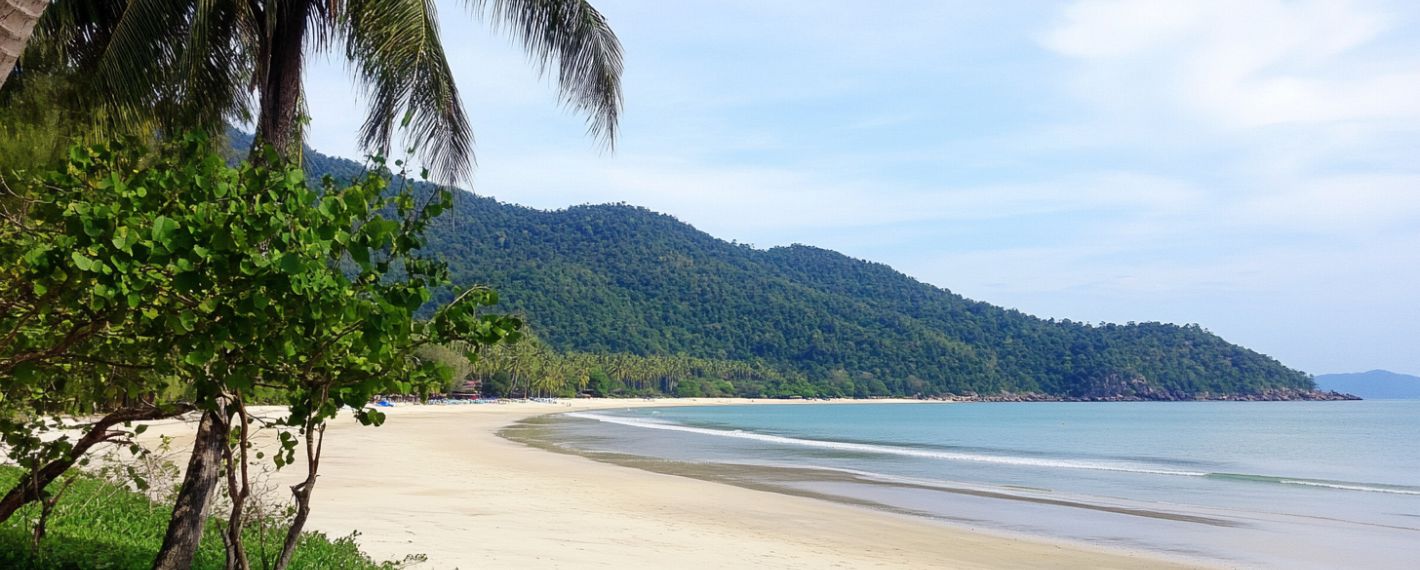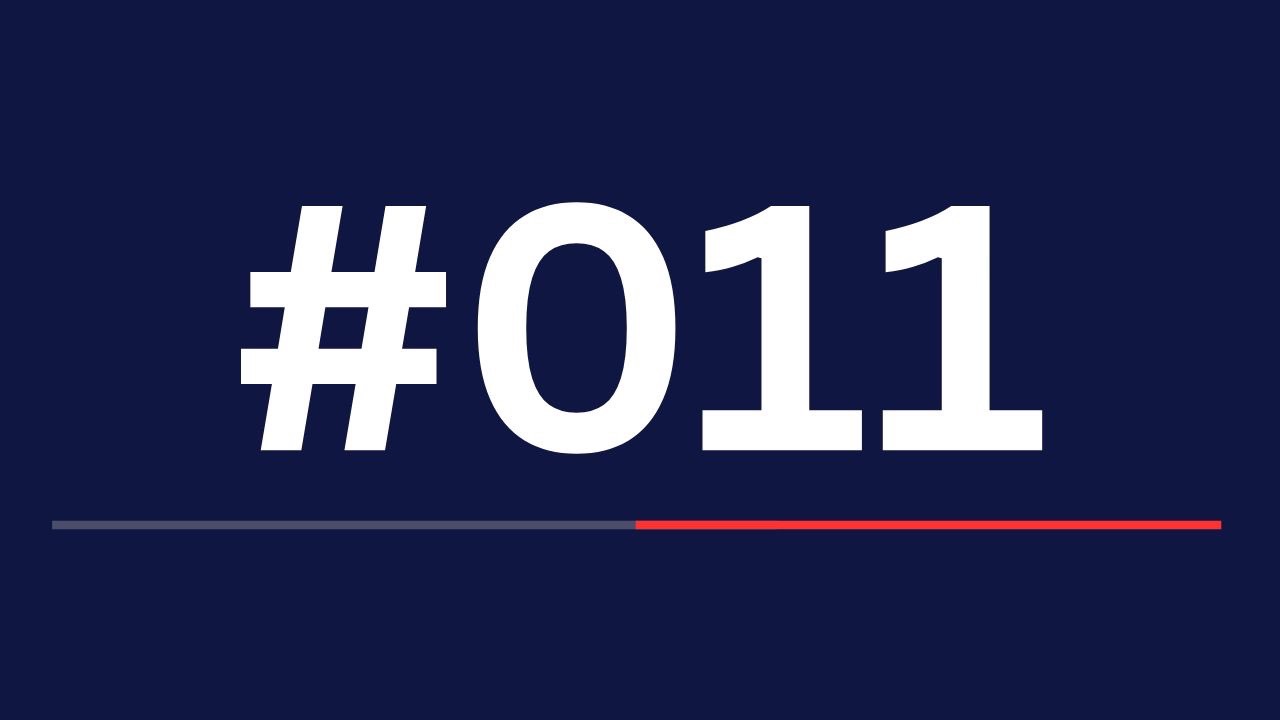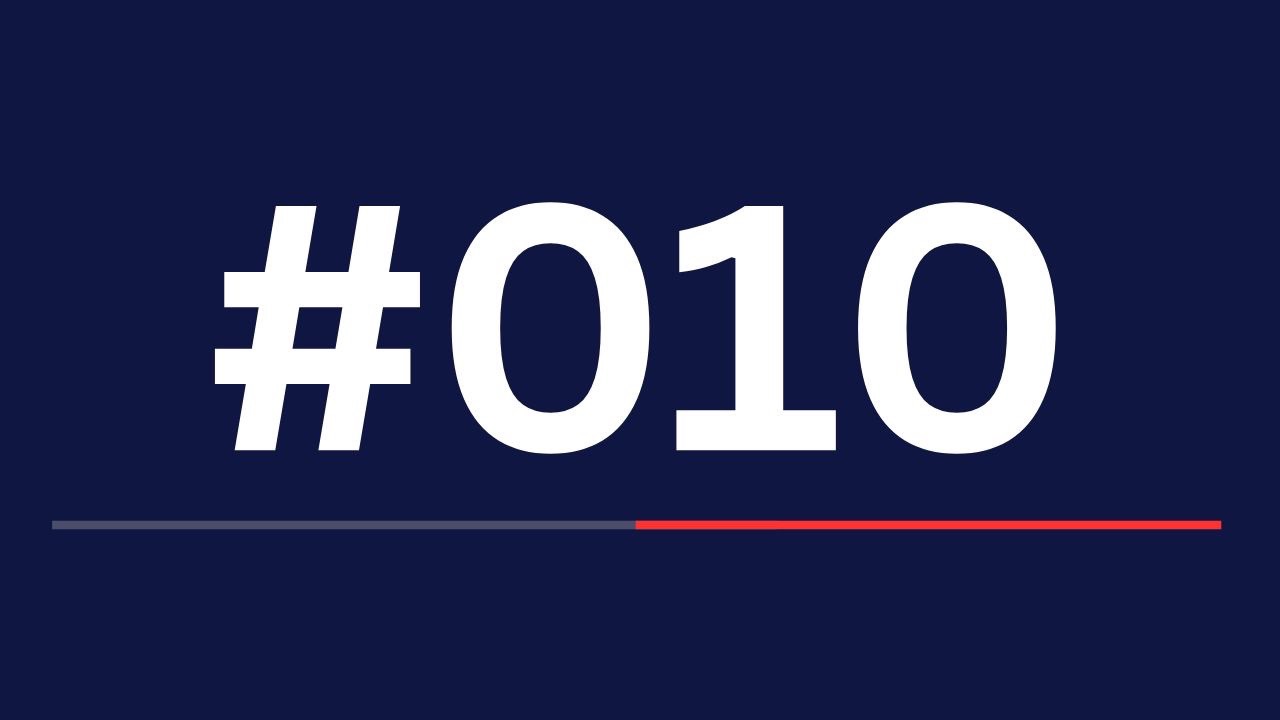Which Thailand Visa Is Actually Best For Your Retirement Style?

After helping close to a hundred people relocate to Thailand now, I've noticed something interesting about retirement visas. Most people simply choose whatever option their friend used or the first one they read about online.
But here's the truth: There's no one-size-fits-all retirement visa for Thailand.
Your perfect visa depends entirely on your lifestyle, finances, and how you actually plan to spend your retirement years. Choose wrong, and you might find yourself dealing with unnecessary expenses, stressful renewals, or restrictions that don't align with your plans.
The Thailand Retirement Visa Personality Test
I've found that retirement visa selection really comes down to a few key questions about how you want to live. Let me break this down into retirement "personalities" to help you find your match.
1) The Snowbird:
Your retirement style: You want to escape winter back home, but you're not ready to make Thailand your full-time residence. You enjoy spending 3-6 months in Thailand before returning to your home country.
Best visa option: The Non-Immigrant O Visa (90-day from your local Thai embassy)
This option is perfect if you don't want to commit to a full year in Thailand. You can get a 90-day Non-O Visa from your local Thai embassy with minimal hassle. The financial requirements are relatively straightforward – just show approximately 800,000 baht (around $23,000) in your home country bank account.
The beauty of this approach is simplicity. You don't need to open a Thai bank account or deal with the complexities of annual extensions if you don't need them.
The drawback: Limited to 90 days per entry, though you can apply for a new visa once your time has run out.
2) The Budget-Conscious Full-Timer:
Your retirement style: You're looking to make Thailand your permanent home, living here year-round on a modest but comfortable retirement income.
Best visa option: Non-Immigrant O Visa for the purpose of retirement
This is the classic retirement visa that thousands of expats use. The financial requirements are manageable – either 800,000 baht in a Thai bank account or monthly passive income of 65,000 baht (about $1,800), or a combination of the two.
What makes this perfect for budget-conscious retirees is that there's no health insurance requirement. For many older retirees, health insurance costs can be prohibitively expensive, so this visa offers a practical solution.
We recently helped a 72-year-old client switch from the OA visa to this option after his insurance premiums doubled. The savings allowed him to live much more comfortably within his pension.
The drawback: You'll need to maintain a minimum balance of 400,000 Thai Baht in your your Thai Bank Account at all times and will need to up that amount to 800,000 Thai Baht 2-months before your extension each year.
3) The "I Want Everything Sorted Before I Arrive" Retiree:
Your retirement style: You prefer having all your paperwork approved and finalized before leaving your home country. You value certainty and preparation.
Best visa option: Non-Immigrant OA Visa
What's unique about the OA visa is that it gives you a full one-year visa before you even arrive in Thailand. You apply at your local Thai embassy, and once approved, you can simply land in Thailand with your first year already sorted.
This is perfect for methodical planners who want to avoid any visa scrambling during their first months in Thailand. Just be aware that it does require health insurance with coverage of at least 3 million baht or $100,000 USD.
The drawback: The insurance requirement can be costly for older retirees or those with pre-existing conditions.
4) The "Set It and Forget It" Retiree:
Your retirement style: You have the financial means and simply want the easiest, most hassle-free option with minimal bureaucracy.
Best visa option: Thailand Privilege Card (Elite Visa)
The Thailand Privilege Card isn't cheap – starting at 650,000 baht (about $19,500) for five years – but it's unquestionably the simplest option. There are no financial requirements to maintain, no insurance mandates, and no investment requirements.
You pay the fee, get your card, and you're set for the duration of your membership. The Thailand Privilege team even handles your 90-day reporting for you.
One client described it to us as "paying to avoid paperwork," and for many retirees with sufficient means, that peace of mind is well worth the cost.
The drawback: The upfront cost is substantial, though it can be viewed as an investment in simplicity.
5) The Retiree with Healthy Passive Income:
Your retirement style: You have a generous pension or retirement income and want premium benefits and status.
Best visa option: LTR Wealthy Pensioner Visa
This newer visa option requires proving stable passive income of at least $80,000 USD annually, OR showing at least $40,000 USD a year in stable passive income PLUS investing at least $250,000 USD into Thailand (in property, companies, bonds, etc.).
It comes with significant perks: no 90-day reporting, fast-track service at airports, and tax exemption on overseas income.
It's valid for up to 10 years (issued in 5-year increments), making it one of the longest-term options available.
The drawback: The income verification process can be complex, especially if you have non-taxable income sources.
6) The Asset-Rich Investor:
Your retirement style: You have accumulated significant wealth or assets and are interested in investing some of that in Thailand.
Best visa option: LTR Wealthy Global Citizen Visa
This visa requires making an investment of at least $500,000 USD in Thailand (in government bonds, property, or a Thai company), plus showing personal assets of at least $1 million USD.
You'll also need health insurance with coverage of at least $50,000, OR state social security benefits covering medical treatment in Thailand, OR at least $100,000 in a bank account.
Like the LTR Wealthy Pensioner visa, it's initially issued for 5 years (renewable for another 5) and offers the same perks: no 90-day reporting, tax exemption on foreign-sourced income brought into Thailand, and fast-track service at airports.
The drawback: The investment requirement means putting significant capital into Thailand, which comes with inherent market risks.
7) The Semi-Retired Professional:
Your retirement style: You're officially "retired," but still consult or work remotely part-time. You value flexibility and the ability to earn some income.
Best visa option: Destination Thailand Visa (DTV)
Surprisingly, many of our "retired" clients aren't fully retired. They consult, freelance, or maintain some professional activities. For them, the DTV under the Workation category is often perfect.
You'll need to show some evidence of remote work arrangements and have 500,000 baht in a standard bank account, but the visa allows you to continue earning remotely without complications.
The drawback: While valid for up to 5 years, it's granted in 180-day segments with periodic verification of your eligibility.
8) The Retiree with Thai Family Ties:
Your retirement style: You're married to a Thai national and basing your retirement plans around this relationship and connection to Thailand.
Best visa option: Non-Immigrant O Visa for the purpose of marriage
The requirements for this visa are more accessible than other options – you'll need to be legally married to a Thai citizen with documentation to prove it, and show financial stability with either 400,000 Thai baht in a Thai bank account or monthly income of at least 40,000 baht.
You'll also need to provide your marriage certificate, passport copies, and even photos of you and your Thai spouse together to demonstrate the relationship is genuine.
The drawback: Your visa status is dependent on the marriage remaining intact.
Beyond the Obvious: Hidden Factors to Consider
When choosing your retirement visa, there are some less obvious factors that can significantly impact your experience:
Bank Account Restrictions
Certain visa types require maintaining specific amounts in a Thai bank account. What's often overlooked is that these funds may be essentially "locked" during your visa period. While technically it's your money, withdrawing below the required threshold could jeopardize your next visa renewal.
For retirees who might need access to their full savings for emergencies or major purchases, this can be problematic.
Insurance Quality vs. Compliance
For visas requiring health insurance, there's often a temptation to purchase the cheapest policy that meets the technical requirements. However, the quality of healthcare coverage varies dramatically.
I've seen retirees stuck with policies that meet visa requirements but have such limited coverage that they might as well be self-insuring.
Making Your Decision:
Don't choose your visa based solely on what's easiest to get or what your friend recommended.
Instead, honestly assess:
- Your actual travel patterns
- Your comfort with bureaucracy
- Your need for financial flexibility
- Your health insurance situation
- Your long-term commitment to Thailand
There's no "best" visa – only the best visa for your specific retirement style.
The good news is that you're not locked into your first choice forever. Many of our clients start with one visa type and switch to another as their needs and circumstances change. Thailand's visa system, while complex, does offer that flexibility.
What matters most is making an informed choice that aligns with how you actually want to spend this exciting new chapter of your life.
Whenever you're ready, there's 3 ways I can help you:
1. Get your Visa sorted without the stress: Your entire Thai visa application is handled from start to finish. No paperwork headaches, no Immigration office chaos. Whether you're retiring, working remotely, moving with your family, or starting a business, we get you approved quickly so you can focus on actually living here.
3. Learn Thai that actually sticks: Join Teacher Fah's Thai Language Challenge. A 100-day structured program that's already helped over 900 expats build real speaking skills they can use daily. If you'd like to see my progress after her 100-day challenge so you know what you can achieve, just watch this video here. Enrollment is limited to 50 students per cohort to ensure personal attention. If doors aren't open right now, you can join the waitlist for first access.





